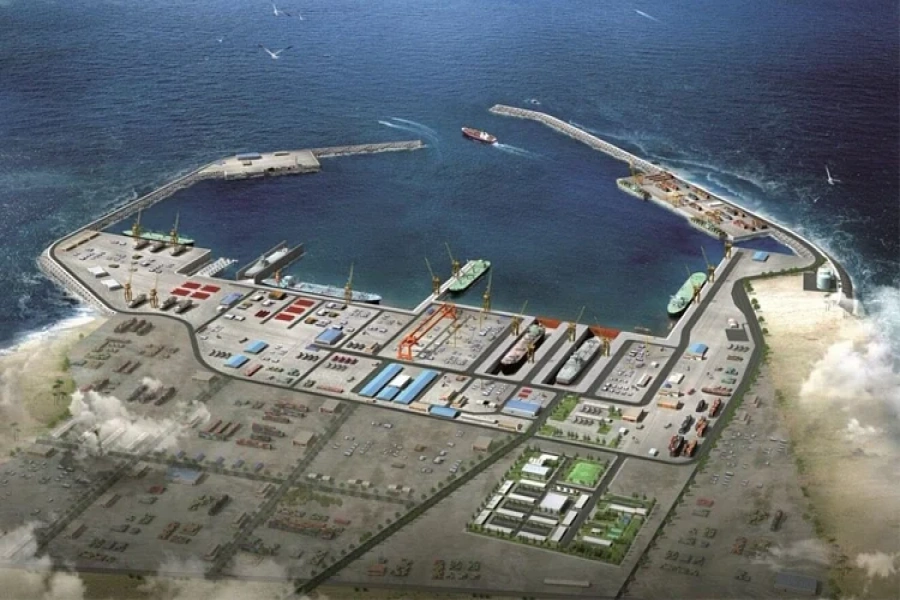Over the years, the world has suffered due to environmental degradation, threatening the lives and livelihoods of people across the globe. As the world marked World Environment Day on Thursday, various events were held in Nepal and elsewhere to emphasise the need to protect nature and minimise environmental damage. This year’s theme, “Beat Plastic Pollution: Our Responsibility,” came at a time when plastic waste has become one of the most visible symbols of environmental degradation. In a message on the occasion, President Ramchandra Paudel urged all Nepalis to adopt a nature-friendly lifestyle and called for actions to conserve forests, water, vegetation, agriculture, and wildlife. Meanwhile, plastic pollution continues to spread, with the UN estimating that 400 million tons of plastic waste are generated globally each year. Only 10% is recycled, while the rest ends up in landfills, waterways, seas, and oceans—damaging marine life and polluting the land.
Nepal too is suffering from the misuse of plastic, especially in urban areas where waste management is inadequate. Illegal dumping into rivers and the open burning of plastics are contributing to environmental pollution and health hazards. Therefore, the President’s call to reduce plastic use to protect the environment is both timely and necessary, as it is intrinsically linked to people’s lives and development. Nepal is already experiencing the effects of environmental degradation due to climate change. Glaciers are melting, rainfall has become erratic, and heatwaves are intensifying. Villages in mountainous regions face crises as glacial water sources dry up, while flash floods and landslides destroy homes. In the Terai, prolonged droughts are reducing crop yields, leading to food insecurity. Making Nepal resilient to these impacts requires changes in policy and practice. Although community forestry projects have promoted forest protection over the years, they need to be expanded with climate-centred planning. Authorities must enforce stricter regulations on plastic consumption and invest in biodegradable alternatives. Rural communities need support to adopt climate-smart agriculture and water harvesting techniques. Local governments must be empowered to monitor pollution, enforce environmental laws, and promote sustainable development.
The Bleak Legal Regime Addressing Plastic Pollution

Countries like Nepal, which contribute the least to global environmental degradation, suffer the most. They deserve access to climate finance to address these challenges. Global climate summit commitments must be translated into real assistance for projects such as early warning systems and green infrastructure in Nepal. Education and awareness can empower communities, but they must be backed by supportive policies and government financing. Some regulations on plastic use have proven effective in certain areas, but real progress will only be achieved when consumption patterns change. The world must overcome its addiction to plastic. Producers must be held accountable for their products, and consumers should be incentivised to adopt environmentally friendly habits. Global agreements targeting plastic production and waste reduction must be advanced with urgency and impact. In the meantime, Nepal’s environment remains its lifeline—it provides water, food, energy, and livelihoods. Protecting it is not a matter of choice but a matter of survival. World Environment Day should serve as an opportunity for Nepal to raise its voice and take proactive action in asserting its right to a clean and vibrant environment. This can be realised if the global community honours its shared responsibility to support nations like Nepal in safeguarding the environment.






































